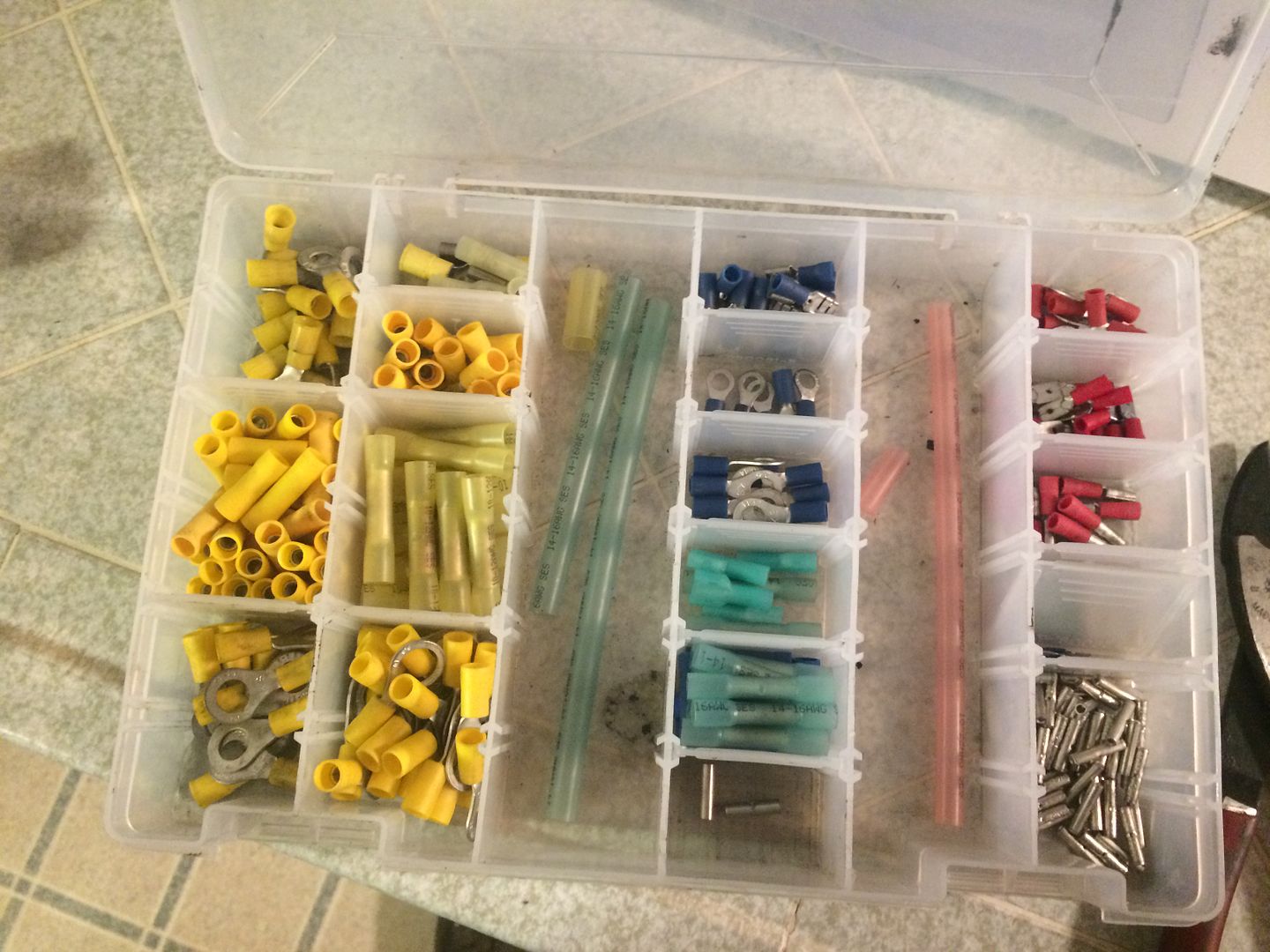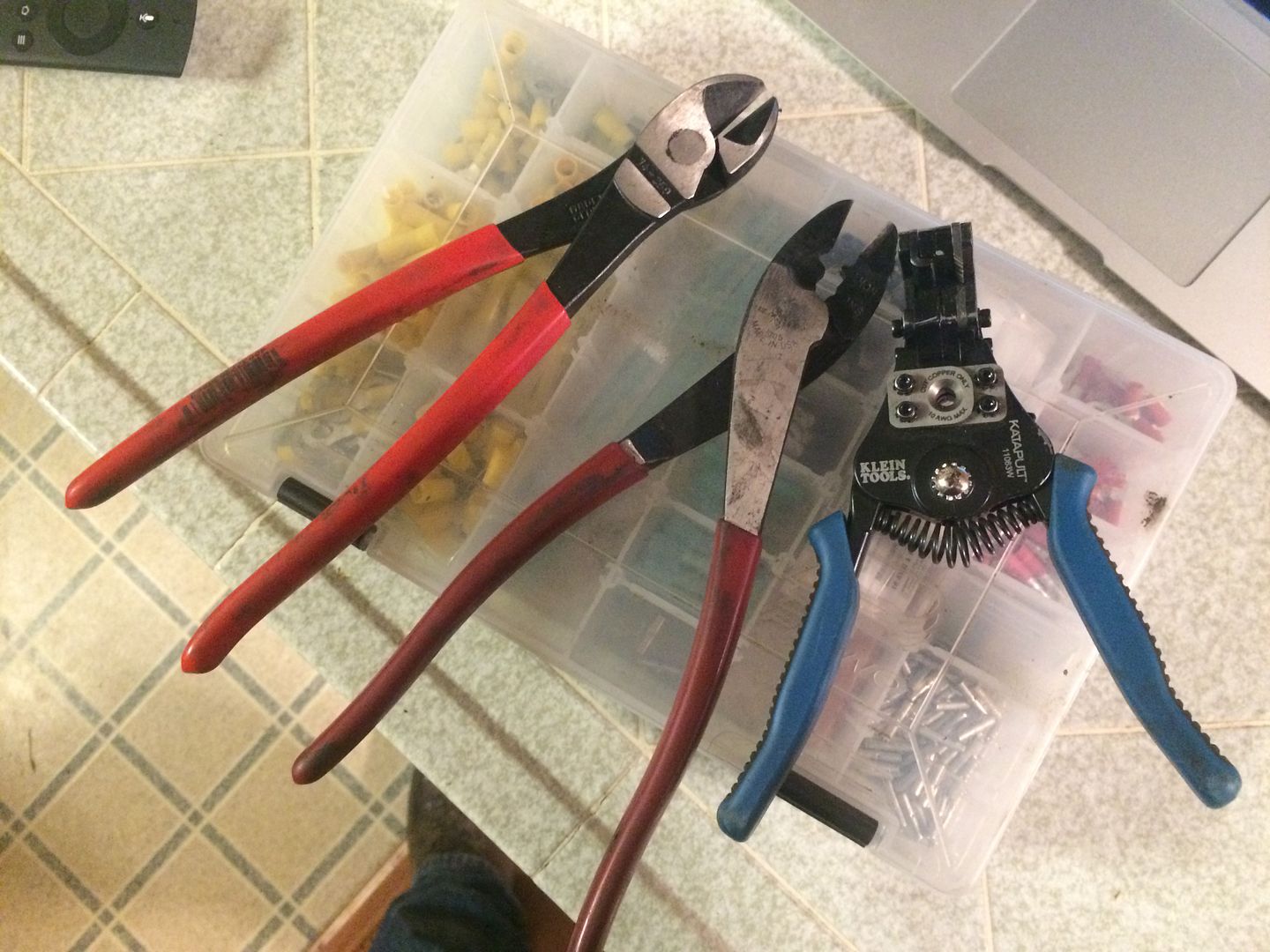SportsmanJake
Adventurer
Hello!
One of my deficiencies in auto-modding has been my wiring. I would like You to help me build a do it all base kit for working on the electrical system for my truck! I just read the "Wiring Don'ts" thread and came away with some good ideas, but I also think a lot of that thread is preference/experience based. My wiring has been shoddy so far, so any help you can offer will be an improvement.
Tools
I definitely need some recommendations here. I am assuming I need a dedicated wire stripper, connector crimper(Insulated or non-insulated?). The Powerwerx/Powerpoles seem like a luxury. Better alternatives?
Connectors/Connections
My biggest area of confusion. The 3 I know I need are butt, Ring, and the female spade type for relays.
Should I invest in insulated or non insulated + heat shrink ? Any recommendations? Should I use anderson powerless for disconnects?
Organization
Wire
Thanks for any help! I would love to hear what you use/recommend. I want to get good tools, but am on a budget. My largest area of confusion is in the realm of tools and crimping connectors.
One of my deficiencies in auto-modding has been my wiring. I would like You to help me build a do it all base kit for working on the electrical system for my truck! I just read the "Wiring Don'ts" thread and came away with some good ideas, but I also think a lot of that thread is preference/experience based. My wiring has been shoddy so far, so any help you can offer will be an improvement.
Tools
I definitely need some recommendations here. I am assuming I need a dedicated wire stripper, connector crimper(Insulated or non-insulated?). The Powerwerx/Powerpoles seem like a luxury. Better alternatives?
- Irwin Wire Stripper - for stripping wires
- PowerWerx Tri Crimp - for anderson power poles
- Powerwerx Tri crimp die set - for crimping everything else
- Wagner Heat Gun
Connectors/Connections
My biggest area of confusion. The 3 I know I need are butt, Ring, and the female spade type for relays.
Should I invest in insulated or non insulated + heat shrink ? Any recommendations? Should I use anderson powerless for disconnects?
- Adhesive lined Heat shrink
- Heat Shrink Butt Connectors
- Electrical Tape (its all the same stuff, right?)
Organization
- Wire Labels
- Cable Tie Mounts
- Zip Ties
- Braided Sleeving
Wire
- Can I use stranded wire from Lowes?
Thanks for any help! I would love to hear what you use/recommend. I want to get good tools, but am on a budget. My largest area of confusion is in the realm of tools and crimping connectors.








